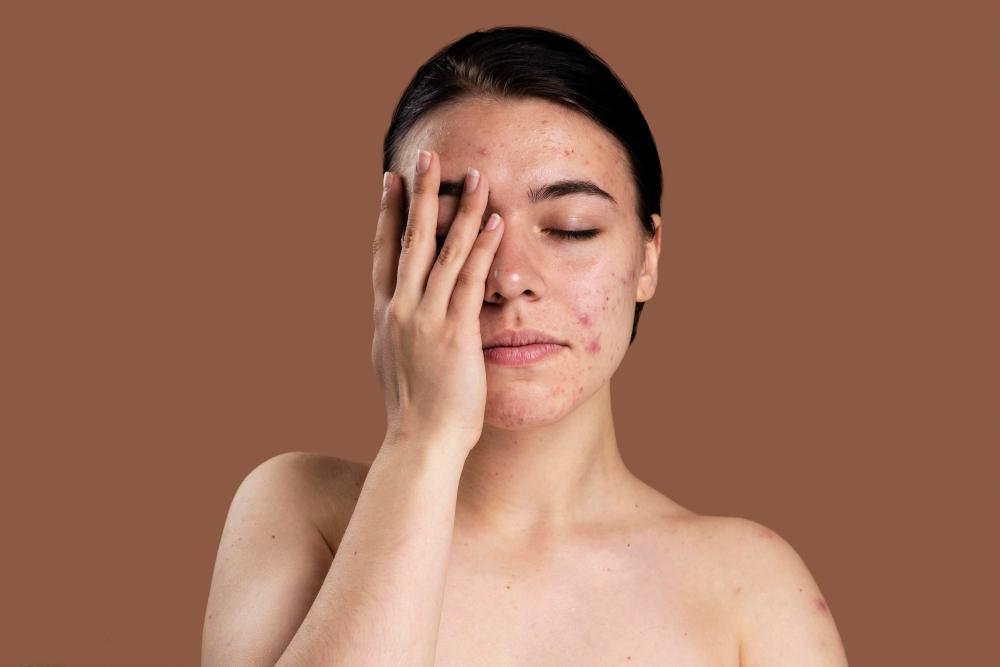
Pigmentation issues like dark spots, melasma, and uneven skin tone are common skin concerns that affect people worldwide. These conditions often cause distress and impact self-esteem. But what causes pigmentation, and what are the most effective treatments available today? In this article, we’ll explore the causes of skin pigmentation and discuss various effective treatments for restoring an even, healthy complexion.
What is Skin Pigmentation?
Skin pigmentation refers to the color of your skin, which is primarily determined by melanin, a pigment produced by specialized skin cells called melanocytes. When these cells are damaged or overstimulated, they produce too much or too little melanin, leading to skin conditions like hyperpigmentation (dark spots) or hypopigmentation (light spots).
Common Causes of Pigmentation
- Sun Exposure: Prolonged sun exposure is the leading cause of hyperpigmentation. UV rays stimulate melanin production, which leads to darkening of the skin over time.
- Hormonal Changes: Fluctuations in hormone levels, especially during pregnancy or due to contraceptive use, can cause melasma—a type of pigmentation that typically appears on the face.
- Aging: As we age, the skin's natural ability to regenerate slows down, leading to sunspots, age spots, and other pigmentation issues.
- Post-Inflammatory Hyperpigmentation (PIH): Skin injuries, acne, or conditions like eczema can lead to dark patches or spots after the skin heals.
- Medications: Certain medications, such as chemotherapy drugs, can trigger pigmentation changes.
Types of Pigmentation
- Melasma: Characterized by large, dark patches, often on the cheeks, forehead, and upper lip.
- Freckles and Sunspots: Caused by sun exposure, these small dark spots are commonly found on areas frequently exposed to the sun.
- Post-Inflammatory Hyperpigmentation (PIH): Dark patches that develop after an injury, acne, or other inflammatory skin conditions.
Effective Treatments for Pigmentation
- Topical Treatments:
- Hydroquinone: A powerful skin-lightening agent that can reduce the appearance of dark spots by inhibiting melanin production.
- Retinoids: Retinoids encourage skin cell turnover, which can help fade hyperpigmentation over time.
- Vitamin C: This antioxidant brightens the skin and reduces dark spots by inhibiting melanin synthesis.
- Laser Treatments:
Advanced laser treatments like fractional CO2 lasers and Q-switched lasers target pigment cells in the skin, breaking down melanin and promoting clearer skin. These treatments are highly effective for stubborn pigmentation, including melasma and sunspots. - Chemical Peels:
Chemical peels use ingredients like glycolic acid or salicylic acid to exfoliate the skin's top layer. This helps lighten dark spots and promote a more even complexion. - Microdermabrasion:
This minimally invasive procedure exfoliates the skin, improving its texture and reducing superficial pigmentation. It’s suitable for mild pigmentation and sunspots. - Intense Pulsed Light (IPL) Therapy:
IPL uses broad-spectrum light to target pigmentation and improve skin tone. It’s a popular choice for treating sun damage, freckles, and other pigmentation issues. - Microneedling:
By creating tiny punctures in the skin, microneedling stimulates collagen production and helps improve the appearance of pigmentation over time.
Preventive Measures
- Sunscreen: Consistent use of broad-spectrum SPF is essential to prevent pigmentation from worsening.
- Antioxidants: Applying antioxidant-rich serums, like Vitamin C, can protect the skin from free radical damage caused by sun exposure.
- Healthy Skincare Routine: Regular exfoliation and moisturizing can keep the skin healthy and minimize the risk of developing pigmentation.
Why Seek Professional Help?
While over-the-counter products can offer some relief, professional treatments often deliver more effective, long-lasting results. A consultation with a specialist can help identify the type of pigmentation and recommend a personalized treatment plan.
At Cosmosurge Skin & Hair Clinic, we offer advanced pigmentation correction solutions under the expertise of Dr. Aishwarya A. Gangawane, a renowned Craniofacial Cosmetologist, Trichologist, and Cosmetic Surgeon. With a combination of cutting-edge technology and personalized care, Dr. Gangawane delivers exceptional results in treating pigmentation disorders like melasma, sunspots, and post-inflammatory hyperpigmentation.
Conclusion
Pigmentation issues can be challenging to treat, but with the right approach, it’s possible to achieve a more even, radiant complexion. From topical treatments to advanced cosmetic procedures, there are various options available. If you're struggling with pigmentation, consult with a professional to explore effective treatments tailored to your needs.

